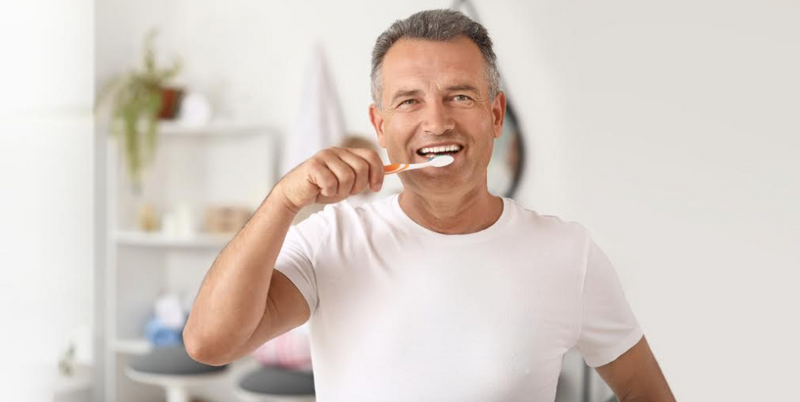

Fact or fiction? Consuming too much sugar can cause diabetes. The answer is not straightforward. Sugar does not directly cause diabetes, but regularly eating large amounts of added sugar can raise your risk of getting the disease.
Diabetes develops when your body cannot effectively regulate the glucose or sugars in your blood. Type 1 diabetes is thought to occur due to an autoimmune attack on your pancreas that results in a total lack of insulin production. Insulin is a hormone that regulates blood sugar levels. It moves glucose, a simple type of carbohydrate, from the blood into your cells, which use it for energy.
Type 2 diabetes happens because your pancreas does not make enough insulin or your body does not use insulin properly, or both. Type 2 is the more common of the two types of diabetes, accounting for 90 to 95 percent of all cases. [1]
Added sugars increase Type 2 diabetes risk
A review of research studies found a strong association between Type 2 diabetes and the consumption of sugar-sweetened beverages. It is known that sugar-sweetened beverages are the main source of added sugars in American diets. Research concluded overall, consumption of beverages with added sweeteners, including soda, sweetened tea, coffee, juices, and milk is related to a higher risk of diabetes development. [2]
Researchers reported that there is still work to be done to determine how sugar-sweetened beverage consumption is related to Type 2 diabetes, but the current research on identifying the association between sugar-sweetened beverage consumption and Type 2 diabetes is promising It confirms the connection between sugar-sweetened beverages, Type 2 diabetes risk, and diabetes management.[3]
Eating large amounts of sugar also can indirectly raise diabetes risk by contributing to weight gain and higher body fat. They also are risk factors for developing diabetes.[4]
Unliked added sugars, natural sugars found in fruits and vegetables are digested more slowly because they are combined with fiber, water and other nutrients and are less likely to spike blood sugar. Fruits and vegetables also tend to contain far less sugar by weight than many processed foods, so it is easier to keep their consumption in check.[5]
Reduce your risk
You cannot prevent Type 1 diabetes, but to reduce your risk of prediabetes and Type 2 diabetes, follow a diet rich in fruits, whole grains, lean protein, healthy fats, vegetables, nuts, and coffee drinks without added sugar. Also, consume alcohol in moderation, maintain the recommended body weight for your age and height, exercise regularly, quit smoking, and try to get good quality sleep and manage stress.
If you are having trouble making these changes, work with your medical team to help you find ways to achieve these goals.
[1] Howley, Elaine, “6 Questions to Ask Your Doctor When Diagnosed with Diabetes,” US News, June 22, 2018. https://health.usnews.com/health-care/patient-advice/articles/2018-06-22/6-questions-to-ask-your-doctor-when-youre-diagnosed-with-diabetes
[2] Tseng TS, Lin WT, Gonzalez GV, Kao YH, Chen LS, Lin HY. Sugar intake from sweetened beverages and diabetes: A narrative review. World J Diabetes. 2021 Sep 15;12(9):1530-1538. doi: 10.4239/wjd.v12.i9.1530. PMID: 34630905; PMCID: PMC8472506 https://www.ncbi.nlm.nih.gov/pmc/articles/PMC8472506/
[3] Ibid
[4] Julson, Erica, “Does Eating Too Much Sugar Cause Diabetes?” healthline, April 10, 2024. https://www.healthline.com/nutrition/does-sugar-cause-diabetes
[5] Julson, Erica, “Does Eating Too Much Sugar Cause Diabetes?”








